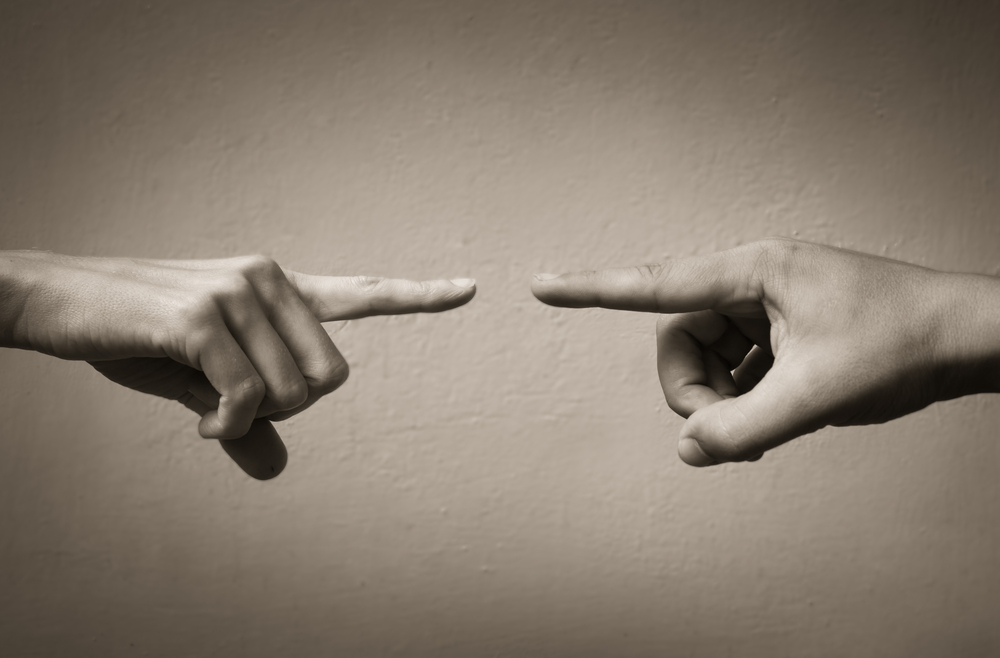to separate responsibility and blame.
Another crucial point to the researcher is that stigmatizing and blaming individuals with addiction may be associated with other issues.
“One of the things that blaming other people does is take the spotlight off us so we do not have to face aspects of ourselves or our culture that may be uncomfortable or difficult to own up to,” she said. “Blame as an attitude is very black and white — they’re in the wrong, we’re in the right. It’s them that’s the problem, it’s not us. But many addicts are extremely vulnerable and multiply disadvantaged. If we are willing to acknowledge that drug use, even in cases of addiction, involves choice and agency, the pressing question becomes ‘why do people make such choices?’ And if we ask this question, I think we are forced to face the fact that our society is not good or just. Stigmatizing and blaming addicts can be a way of defending ourselves against what we see when we take a long hard look at our society. Who is responsible for this misery and injustice? The answer is that we all are.”
The research also cited previous cross-cultural studies showing that drug addiction is more stigmatized than other highly stigmatized and even contagious medical conditions, such as leprosy and HIV-positive status.
Pickard added that it’s important to end the great stigma associated with drug addiction because it has both psychological and practical consequences.
“Psychologically, [stigma] can impact a person’s self-identity, self-esteem and make them feel hopeless and at fault — and thereby decrease the likelihood that they seek treatment or believe in themselves and their power to change aspects of their life. Practically, the stigma surrounding drug use means that addicts may face formal barriers to health care, housing, benefits, employment, financial loans, and the right to vote in our society.”
















